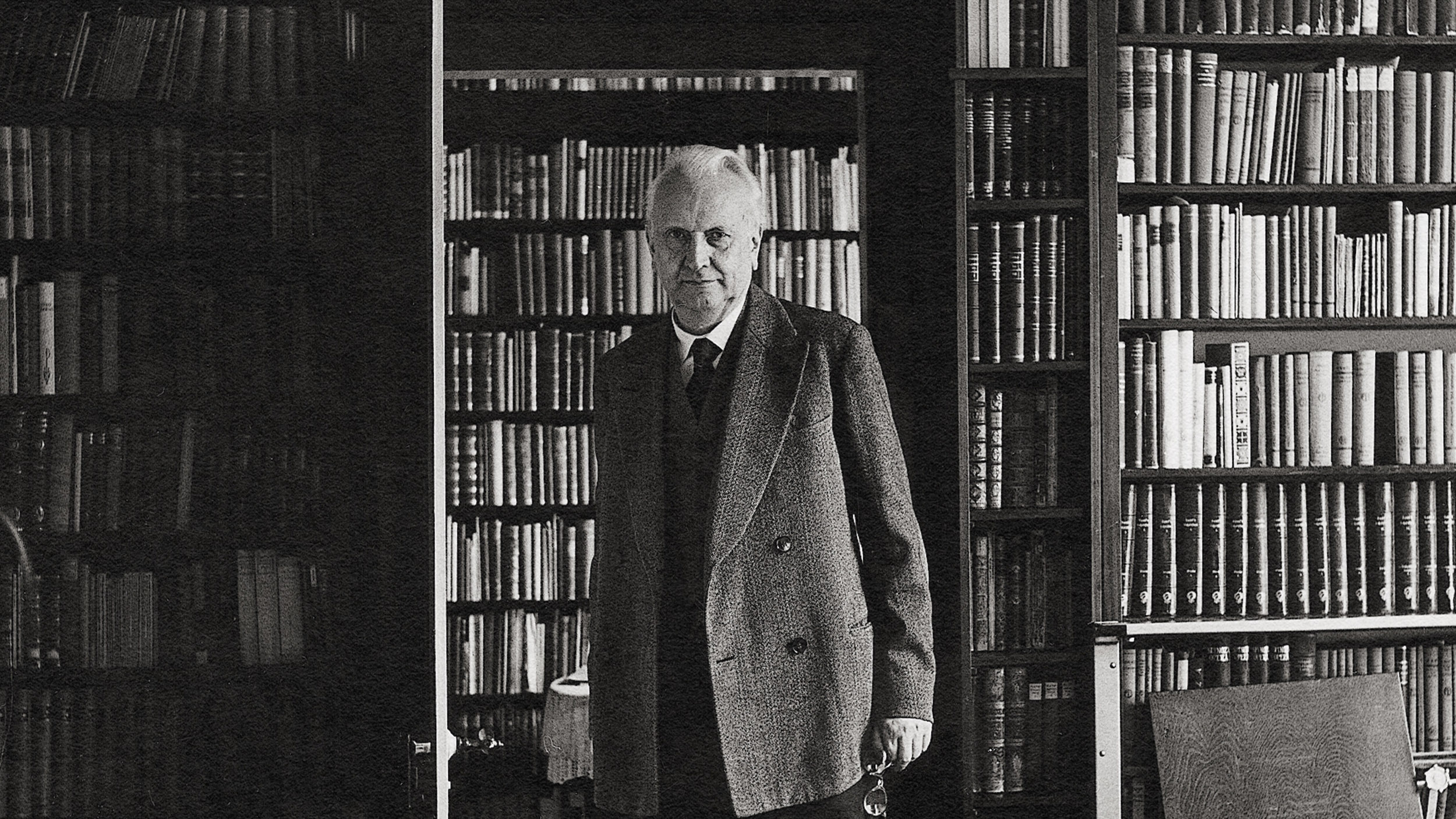Kocher talks about Captain America and Evan Wright, author of Generation Kill.
Question: What was it like having Evan Wright embedded with you?
Eric Kocher: Oh, with Evan. You know, when he first stepped in... it’s funny. Brad Colbert was my team leader in Afghanistan. He had a very strict policy not to talk to the reporters, not to interact with them or anything because they’re always going to spin shit and plus there’s a lot of stuff that we have that is somewhat confidential that doesn’t need to be going out to the media. And then when Evan showed up, you know, Brad’s kind of the first one that takes him under his wing, and I think I told Evan, I was like, “One day I’ll tell you the real story.” <laugh> But other than that I just... I separated myself from him. I lived in my vehicle. I actually stayed away from him. He didn’t really interact with me too much until I was relieved later as a team leader, and I was relieved because some of the actions that reservists were actually doing and Captain America, and because I was frustrated I actually went down and sat and talked to him for almost eight hours.
Question: Who was Captain America and why did you not like him?
Eric Kocher: Captain America is Captain Dave McGraw. He was Bravo Three Platoon Commander. He was pretty much the adjacent platoon commander to Lieutenant Fik [ph?]. Before we deployed, I mean, he was rarely...really sharp guy, genius. If you met him today, you’d probably like the guy, but for some reason when we actually crossed into Iraq, I think he was probably just too smart for warfare, I mean because all he was doing—- every time he survived a fire fight, he analyzed more ways that he could possibly kill, but for him, he did a lot of things that were very questionable. You’ll see in episode two where he shoots an un-armed man. It’s kind of hard to depict on the big screen. We were taking fire there, but this is where the rules of engagement are very grey. With our rules of engagement, if someone’s on a cruiser weapon, by that, like a machine gun, a belt-fed machine gun that takes multiple people. You can engage a guy on the weapon system and the guy that’s around it. He doesn’t necessarily have to be armed. From his perspective, that’s what this guy was, and the guy was getting up running away from a cruiser [ph?] position, and Captain McGraw shoots him and kills him. Now, it’s a grey area in the rules of engagement, but it’s hard to depict that, ‘cause either there’s a machine gun there or not on the screen. From us, we could never really tell. So in that situation, did he make the wrong call? It’s hard to say. He saw something that other people didn’t see, and we got to respect that. The problem is he made a trend of making those mistakes, and there’s a couple of the detainees he was trying to scare, like poking them in the throat with his bayonet, not actually causing damage, but, you know, asking them if they’ve ever seen the Chechneyan [ph?]soldier and just doing stuff that was kind of like we had to pull him back, pull back his reigns a little bit, “Hey buddy, what are you doing?” And with that we had a reservist unit attached to us, and they saw some of his behavior, and somehow I got wrapped up into it. Later, all the charges were dropped, and, you know, I was explained the reason I was investigated was to clear my name later in the future so these charges can’t get brought up, but you got to realize I’m a 23 year old kid running a five-man team in combat. I’m making huge decisions that most 23 year old kids don’t do. So to add like an extra stress like that that I’m going to get charged, my reputation’s going to get tarnished. For me it was kind of heart-breaking.
Question: Do you feel like you were treated fairly?
Eric Kocher: You know, in the end I think I was treated fairly. Everything worked out, you know, but obviously being very emotional at the time with all the stress, you know, I thought I was definitely being treated unfairly. Now that I look back, it’s made me a better person, and, you know, I understand the struggles of people like Godfather and the choices they have to make. So it was actually probably, you know, the proper decision at the time for him, ‘cause I got a very myopic view of what’s going on. He investigated hearsay, and then I was acquitted, and I had no problems.
Recorded: 7/17/08





